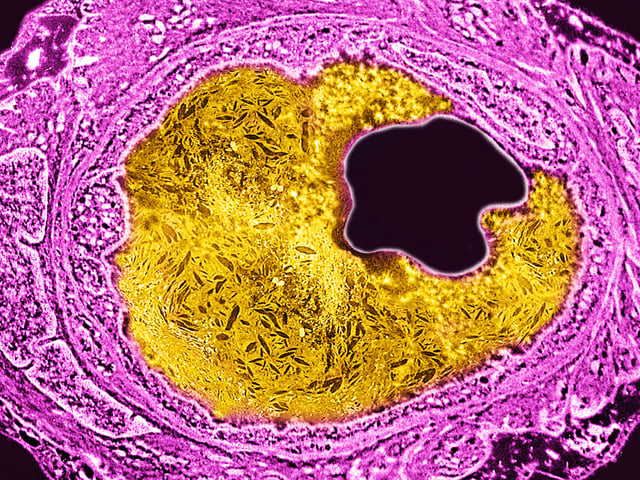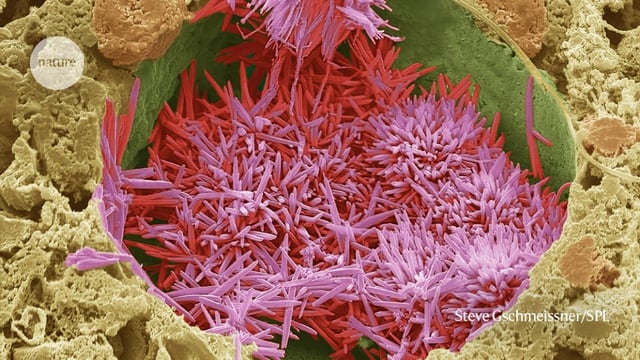Overview
- A novel gene-editing treatment developed by Verve Therapeutics has shown promising results in reducing cholesterol levels in patients with familial hypercholesterolemia, a genetic disorder that causes high levels of 'bad' cholesterol.
- The treatment, called VERVE-101, uses a precise gene-editing technique known as base editing to permanently deactivate a gene in the liver called PCSK9, which controls the level of low-density lipoprotein (LDL) cholesterol.
- In the first human trial, participants who received the highest dose of the therapy saw their LDL levels drop by as much as 55%, suggesting a potential for a 'one and done' treatment approach as opposed to daily cholesterol-lowering drugs.
- Despite the promising results, two serious adverse events occurred during the trial, including one death from a heart attack, raising safety concerns about the treatment.
- Verve Therapeutics plans to continue the trial next year and aims to launch a phase 2 trial in 2025.



